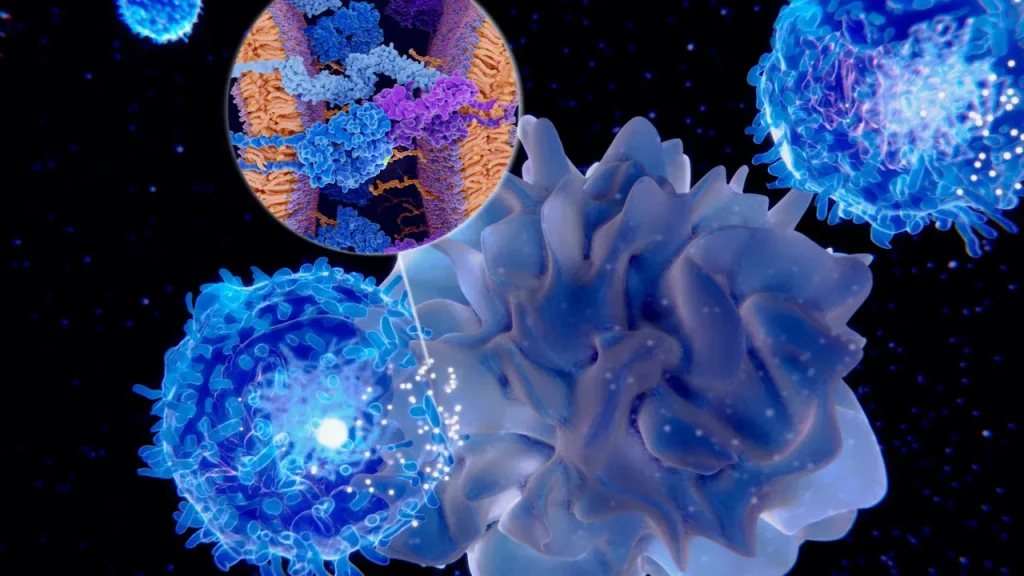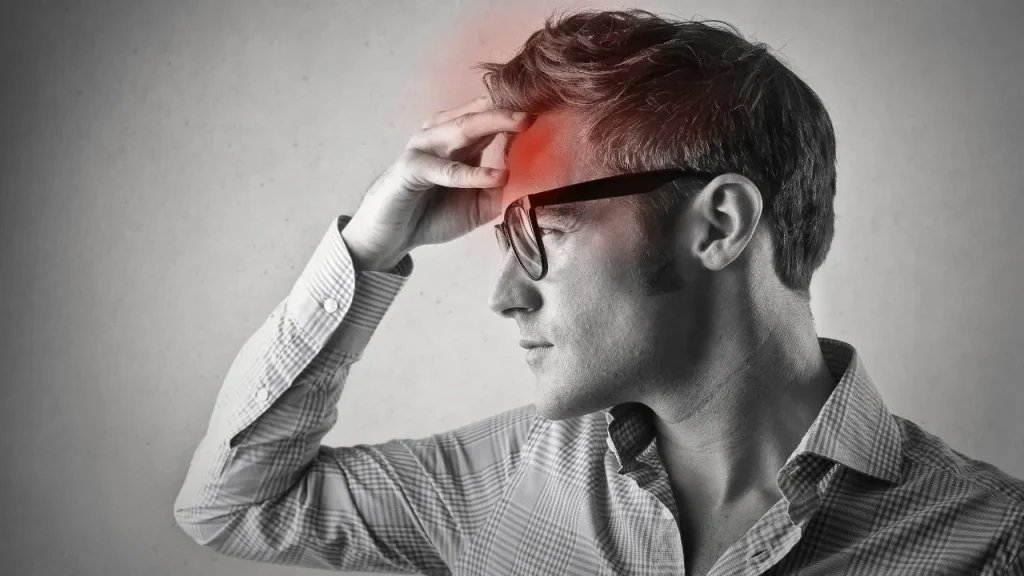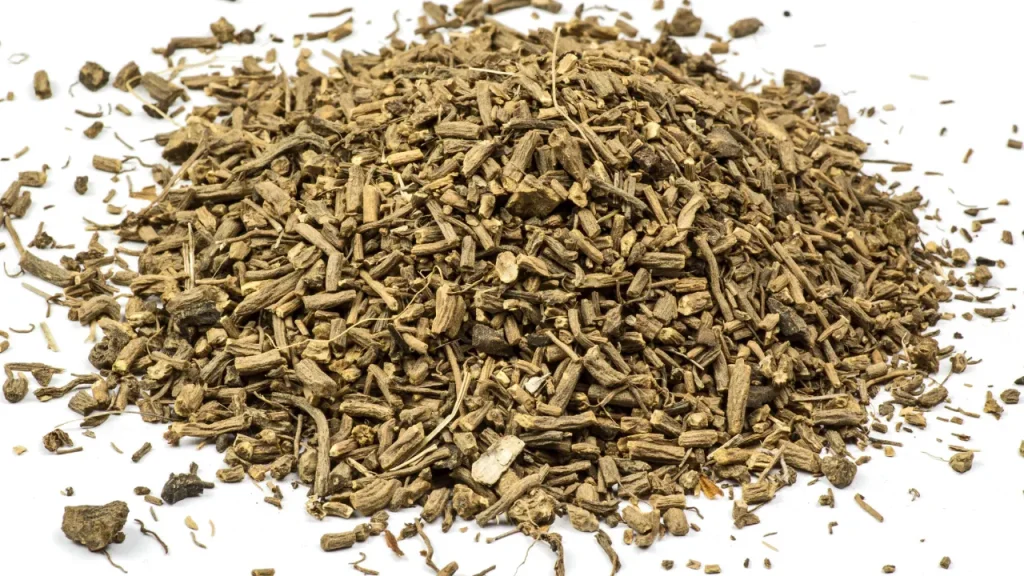Beth root, also called trillium erectum, is an annual flowering plant that grows in North America. For hundreds of years, it has been used as a medicine. People also call it red trillium, rotten Benjamin, beth, birthroot, and birthroot. The name “birthroot” comes from the fact that the plant was once used to help women get their periods and help them give birth.
In this article, we’ll talk about what beth root is, cover its its health benefits, the best way to take it, go over any side effects, possible drug interactions, and other useful information about how to use it safely. We will also give a thorough look at the chemistry of beth root and how it affects the body and brain from a physiological point of view.
You May Also Like:
The Best Supplements for Memory and Brain Fog: 5 Top Brands Reviewed
Wild Mint: Benefits, Dosage, Side Effects, Drug Interactions, And Other Important Information
Beth Root: Benefits, Dosage, Side Effects, Drug Interactions, And Other Important Information is an original (NootropicsPlanet) article.
Nature of Beth Root
Beth root is a plant that comes back every year and gets to about 30 cm tall. It has a single stem with three leaves and a single flower. Most of the time, the flower is a deep red color and has a sweet aroma. The plant grows in damp, shady woods from Quebec to Georgia in the eastern part of North America. The part of the plant that is used to make medicine is the root.
Health Benefits of Beth Root
Beth root has been used for hundreds of years because it is good for your overall health. Some of the ways beth root is good for your health are:
- Stimulating Menstruation: Beth root has been used for a long time to help women get their periods, especially when they are late or don’t come at all. Tannins and phytosterols, which are thought to have a chemical effect on the body, are thought to be the reason for this.
- Easing Childbirth: Beth root has also been used for generations to help with childbirth. People think that the plant can help relax the uterus, which can make it easier to give birth.
- Anti-inflammatory Effects: Anti-inflammatory properties have been found in beth root. This is due to the chemicals in it like trillinic acid, which has been shown to stop inflammation in the body.
- Antioxidant Properties: Beth root also has properties that make it an antioxidant. This is because they contain substances like trilliumoside, which has been shown to get rid of free radicals and protect cells from damage caused by oxidation.
- Immune System Boosting Effects: Beth root has been found to make the defense system stronger. This is because it has chemicals in it like trilliumoside, which has been shown to boost the immune system by making more cytokines.

Chemistry of Beth Root
Beth root is thought to have medicinal properties because it has many different chemicals in it. Some of the chemicals that can be found in beth root are:
- Tannins: Tannins are chemical compounds that are found in many plants and are known for making the skin tighter and reducing inflammation. Tannins are thought to play a role in how beth root induces menstruation and stops inflammation.
- Phytosterols: Phytosterols are chemicals that are found in plants and have the same structure as cholesterol. Phytosterols are thought to affect the body’s hormones and may be a reason why beth root can help start your period.
- Trillinic Acid: Trillinic acid is a substance that has been shown to be good at reducing inflammation. It is thought that it helps beth root work as an anti-inflammatory.
- Trilliumoside: Trilliumoside is a compound that has been shown to help fight free radicals and improve the immune system. It is thought to add to beth root’s ability to fight free radicals and boost the immune system.
The exact way that beth root works as a medicine is not well known, but it is thought that the compounds in the plant interact with different body systems to make it work as a medicine.
Physiological Properties of Beth Root
The exact way that beth root works is not well-known. But it is thought that the plant’s medicinal benefits come from the way its chemicals interact with the body’s different systems. For instance:
- Stimulation of Menstruation: The chemicals in beth root, like tannins and phytosterols, are thought to work with the body’s hormonal processes to speed up menstruation.
- Anti-inflammatory: It is thought that the compounds in beth root, like trillinic acid, work with the immune system to lower inflammation.
- Antioxidant: The chemicals in beth root, like trilliumoside, are thought to get rid of free radicals and protect cells from damage caused by oxidation.
- Boosts the Immune System: The chemicals in beth root, like trilliumoside, are thought to boost the immune system by making more cytokines.

Optimal Dosage of Beth Root
It’s not clear what the best dose of beth root is. Traditionally, 1–2 gm of dried root per cup of water has been used to make a tea from the plant’s root. People have also taken it as a liquid, taking 1-2 mL three times daily. But it’s important to keep in mind that the best amount of beth root to take is different for each person and it depends on the condition being treated.
Side Effects of Beth Root
When used in the amounts suggested, Beth root is usually thought to be safe. Some people, however, may have side effects, such as:
- Some people who take Beth root may feel sick when they take it.
- Some people who take Beth root may get diarrhoea.
- Some people who take beth root may get stomach cramps.
- Some people who take Beth root may get headaches.
- Very rarely, Beth root can cause skin spots or itching in people who are allergic to it.
It’s important to remember that most of these side effects are mild and will go away on their own over time. But if the side effects keep happening or get worse, it’s important to stop taking Beth root and see a doctor.

Potential Substance Interactions with BETH ROOT
Some medicines and vitamins may not work well with BETH ROOT. Some of the things that could combine with BETH ROOT are:
- Blood thinners: Taking BETH ROOT with blood thinners like warfarin or aspirin may make it more likely that you will bleed.
- Hormonal medicines: Birth control pills and hormone replacement therapy are two examples of hormonal medicines.
- Drugs that make you sleepy: BETH ROOT may make drugs like benzodiazepines or sleep aids make you sleepier.
Before you use Beth root, you should tell your doctor about any medicines or supplements you are taking.
Responsible Use of Beth Root
Beth root is a product that you should use with care. Some tips on how to use Beth root in a smart way are:
- Talk to a doctor or nurse: It’s important to talk to a doctor or nurse before using Beth root, especially if you have any health problems or are taking any medicines.
- Use as directed: It’s important to use Beth root as directed and not take more than the suggested amount.
- Keep an eye out for side effects: If you use Beth root, you should keep an eye out for any side effects and see a doctor if they last or get worse.
- Store it right: Beth root needs to be kept in a cool, dry place away from moisture and light.
BETH ROOT:
Conclusion
In conclusion, the exact way Beth root works isn’t well-known, but it is thought that the compounds in the plant interact with different body systems to make it work as a medicine. To fully understand how Beth root works in the body, more study needs to be done.

References:
- Beth Root. Retrieved From: https://www.rxlist.com/supplements/beth_root.htm
- Trillium Erectum. Retrieved From: https://www.webmd.com/vitamins/ai/ingredientmono-404/beth-root
Important Note: The information contained in this article is for general informational purposes only, and should not be construed as health or medical advice, nor is it intended to diagnose, prevent, treat, or cure any disease or health condition. Before embarking on any diet, fitness regimen, or program of nutritional supplementation, it is advisable to consult your healthcare professional in order to determine its safety and probable efficacy in terms of your individual state of health.
Regarding Nutritional Supplements Or Other Non-Prescription Health Products: If any nutritional supplements or other non-prescription health products are mentioned in the foregoing article, any claims or statements made about them have not been evaluated by the U.S. Food and Drug Administration, and such nutritional supplements or other health products are not intended to diagnose, treat, cure, or prevent any disease.


